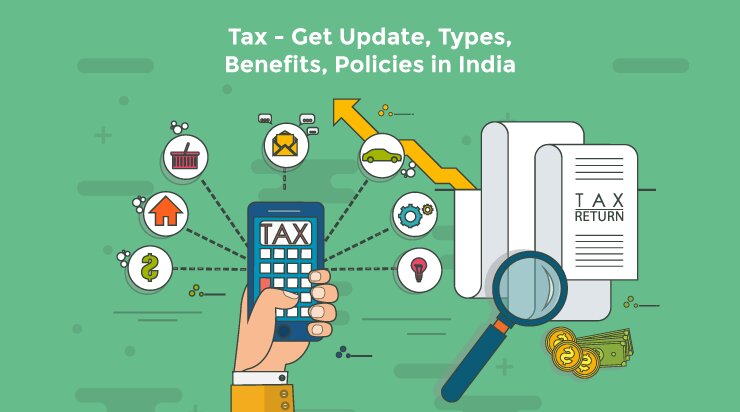Income Tax




INCOME TAX
- An income tax is a tax imposed on income , gain or profits earned by a person such as individuals and other entities. It is a direct tax that a government levies on the income of its citizens.
- Income tax return is the form in which assesse files return about his income tax department. Filing income tax return is mandatory for those whose total income is more than Rs2,50,000.
- Individual includes both male and female assesse. Every individual is supposed to pay tax on his or her total income at a graded scale of tax rates ruling during that assessment year.
- An individual may have income under any / all of the following 5 heads :
Income under head Salary,
Income under head House property,
Income under head Business or Profession,
Income under head Capital Gain,
Income under head Other sources
- Form 16
Salary slip
Interest certificate from banks and post office
Form 26 AS
Tax saving investment proofs
Aadhaar Card
- A partnership firm ( including LLP) is a separate entity in the eyes of income tax department . It is so because the definition of the term ‘Person’ given u/s 2 (31) also includes firm.
LLP is a corporate form of partnership having separate legal entity which is distinct from its partners and carries limited liability for them. Firms and limited liability partnerships ( LLP) business tax return needs to be filed irrespective of profit and loss which are computed on presumptive basis under section 44AD , section 44ADA or section 44 AE. - A Company means a company incorporated under this act or under any previous company law.
Types of Companies :-
Indian Company
Company in which public are substantially interested
Domestic Company
Foreign Company
Investment Company
Consultancy Service Company
Trading Company
Banking Company
A Company is said to be resident in India in any previous year. A Company in which the public are substantially interested is known as widely held companies.
Special provisions relating to tax on distributed profits of companies :-
Tax on distributed profits of companies.
Dividend covered
Treatment of dividend received by a domestic company from its subsidiary company
Treatment of dividend paid under by Indian company from foreign subsidies.
Responsibility to deposit tax
Final Payment
Penalty for non-payment of dividend distribution tax
INCOME TAX RETURNS
INDIVIDUAL
DOCUMENTS REQUIRED TO FILE RETURN:
FIRM (including LLP)
COMPANY


TDS Returns Fillings
TDS is a source of collecting tax by government of India at the time when transaction takes place.
The deductor then deposits this TDS amount to the income tax (I-T) department.
Through TDS, some portion of your tax is automatically paid to the I-T department. Thus, TDS is considered as a method of reducing tax evasion.
Tax is deducted usually over a range of 1 % to 10%.
Details required to file TDS return are :
Eligibility Criteria for TDS return
Various forms are used for filling TDS return , depending on the purpose of deduction.
Following are the assesses liable to file quarterly TDS return electronically:
(a)People whose accounts are audited u/s 44 AB
(b)People holding an office under the government
(c)Company
Benefits of TDS:-

BALANCE SHEET FINANLISATION
The most important and crucial function of financial accounting is to ascertain the financial position and the profitability of the business.
The trading and profit and loss account show the profit or loss of the business. The balance sheet depicts the financial position of the business.

ADVANCE TAX CALCULATION
Advance tax is calculated by applying the slab rate applicable to a financial year on his total income.
